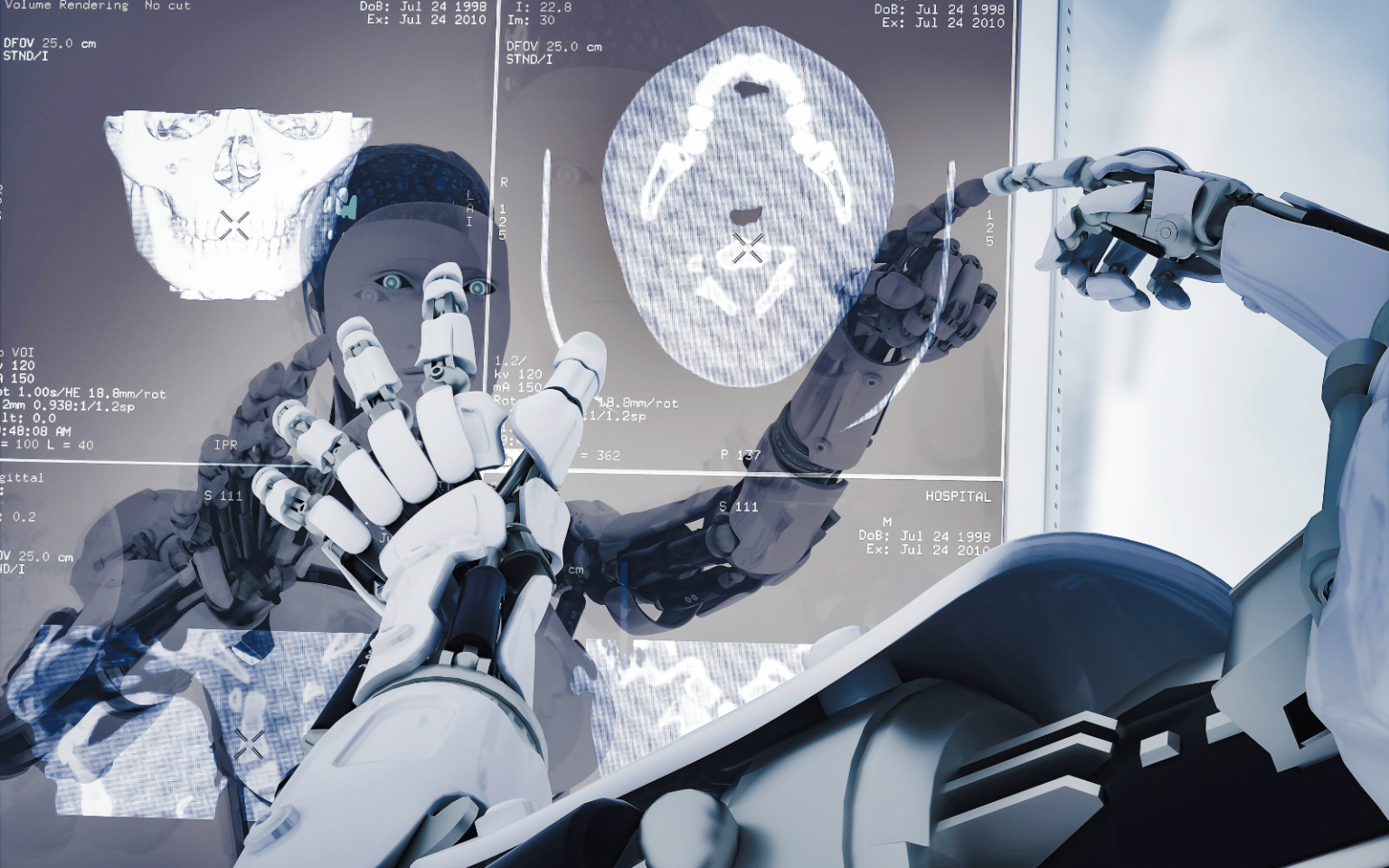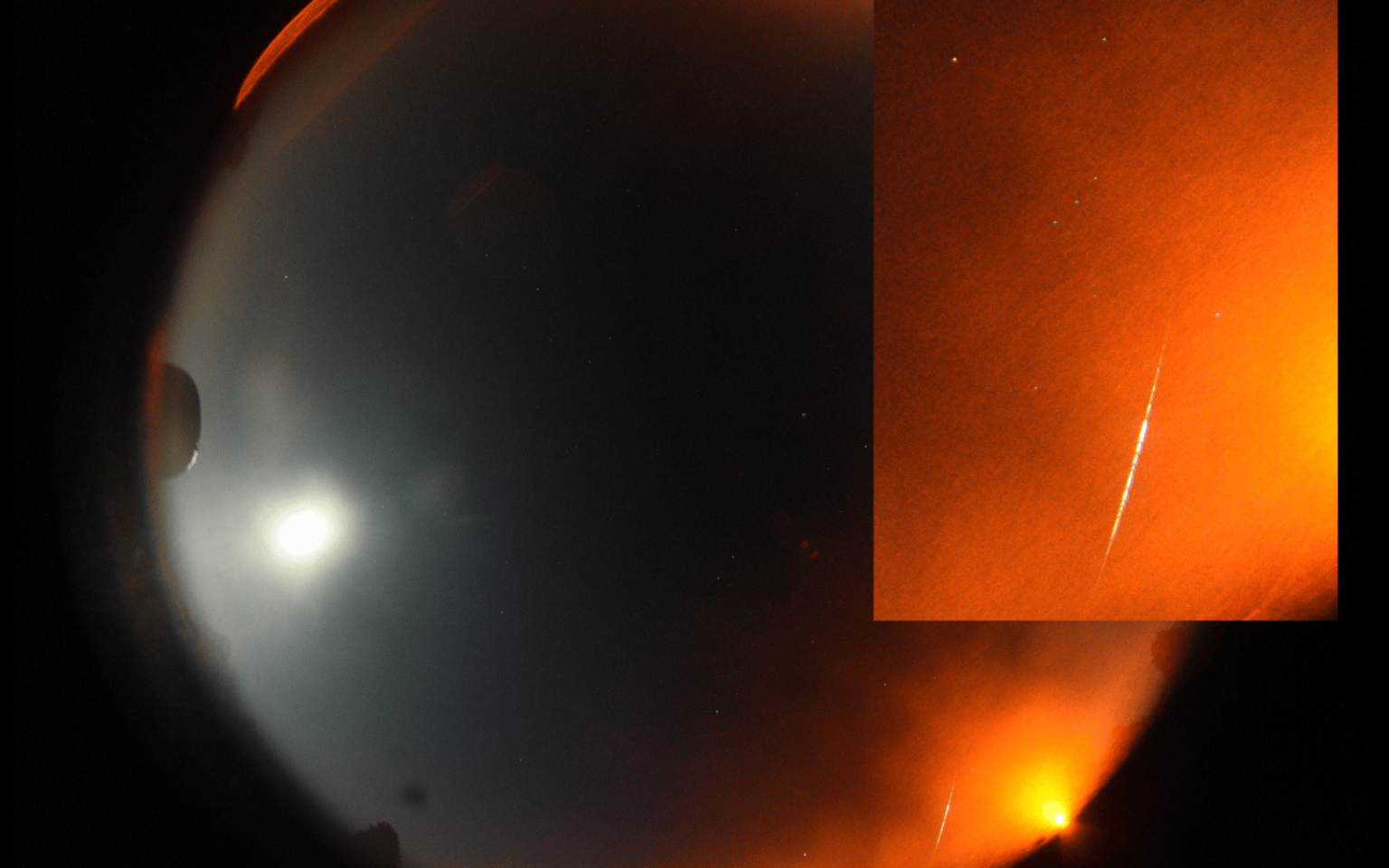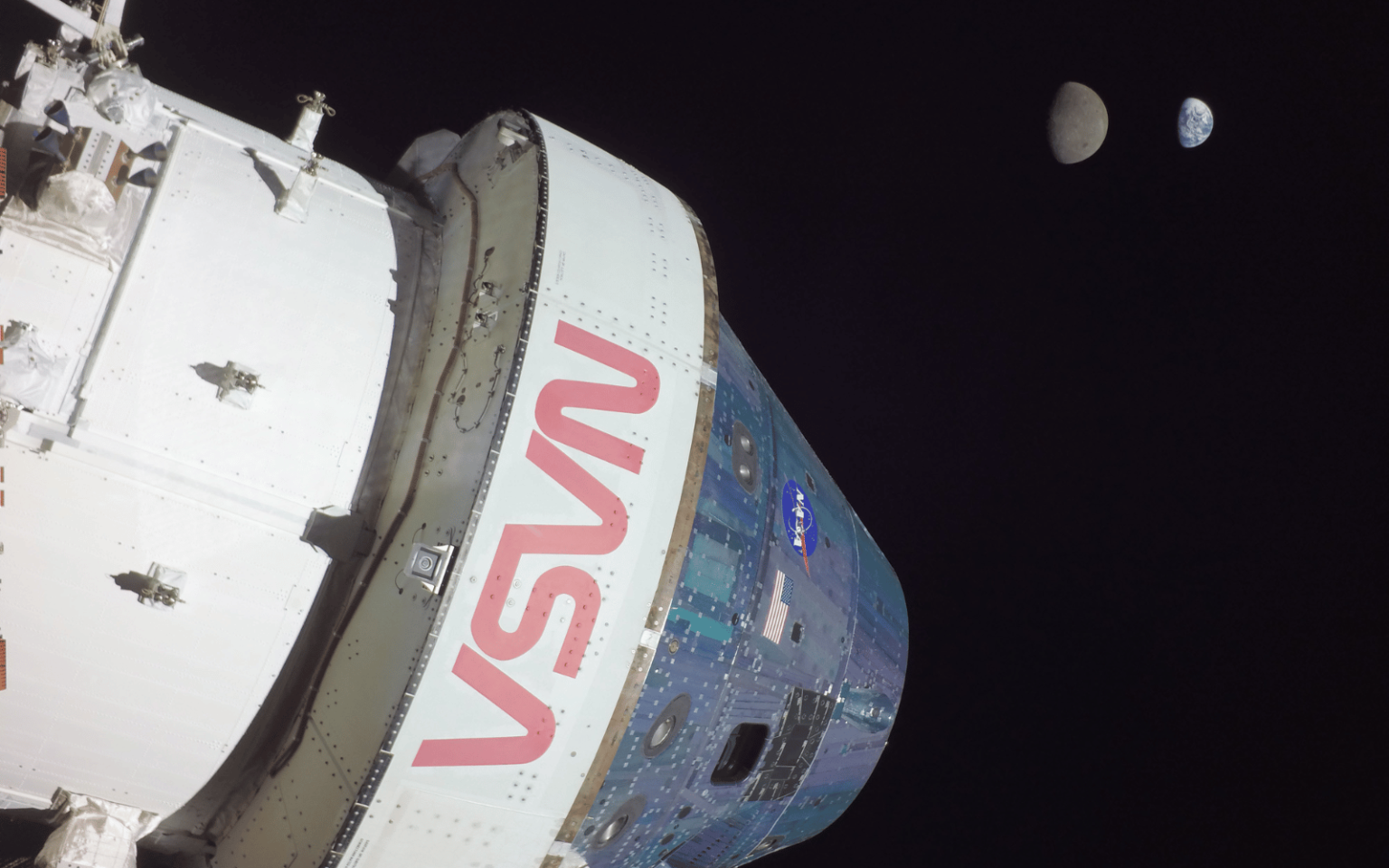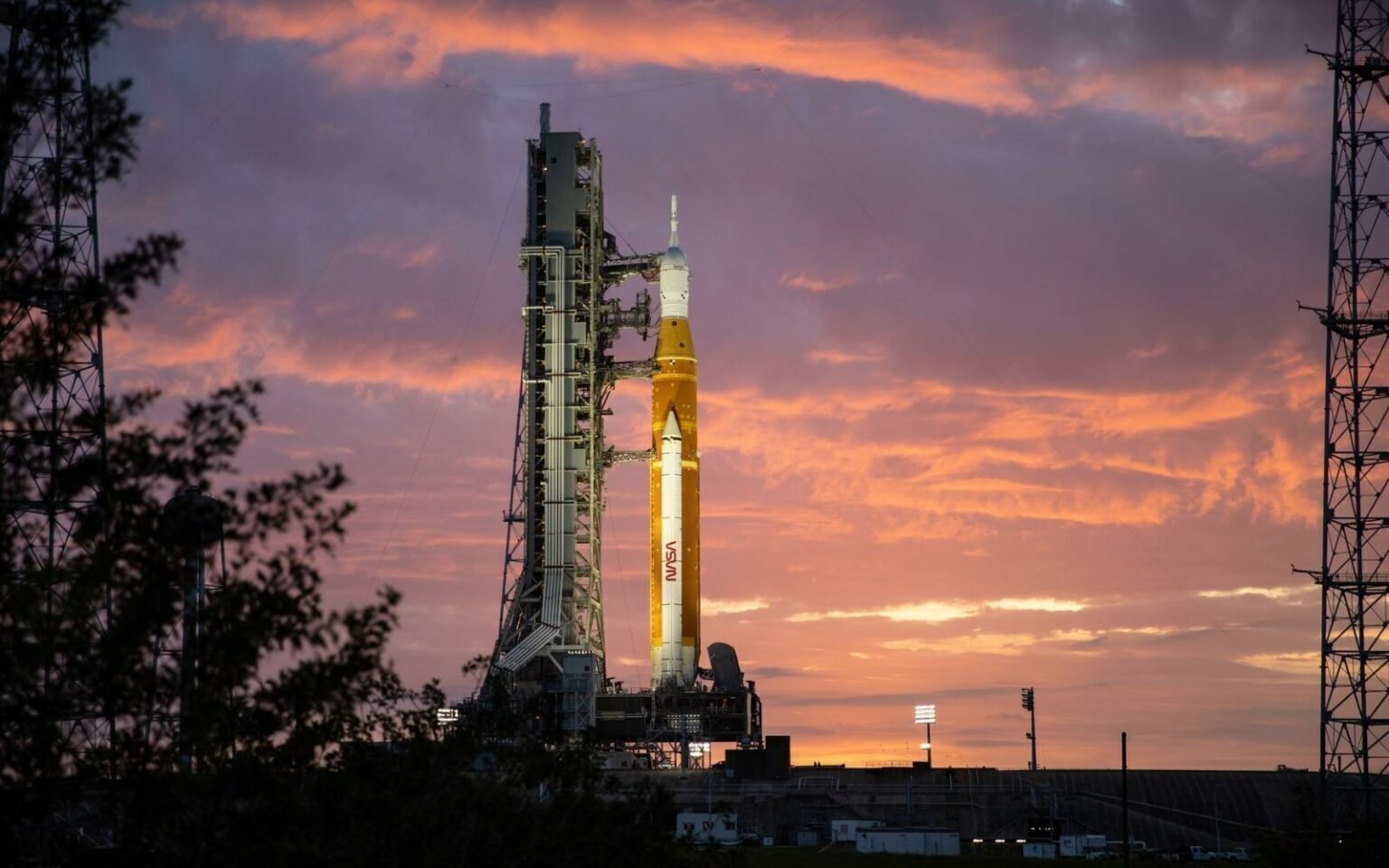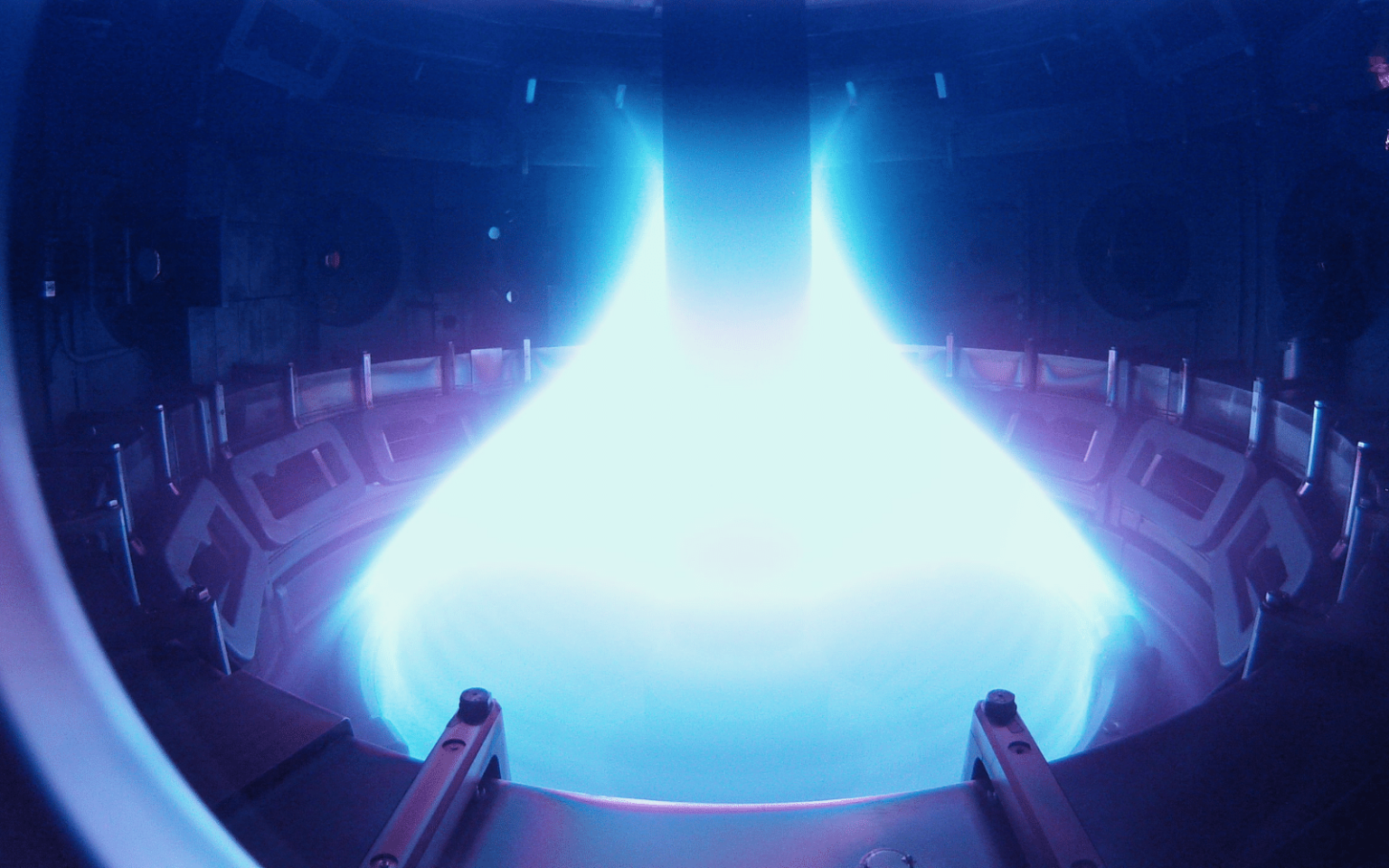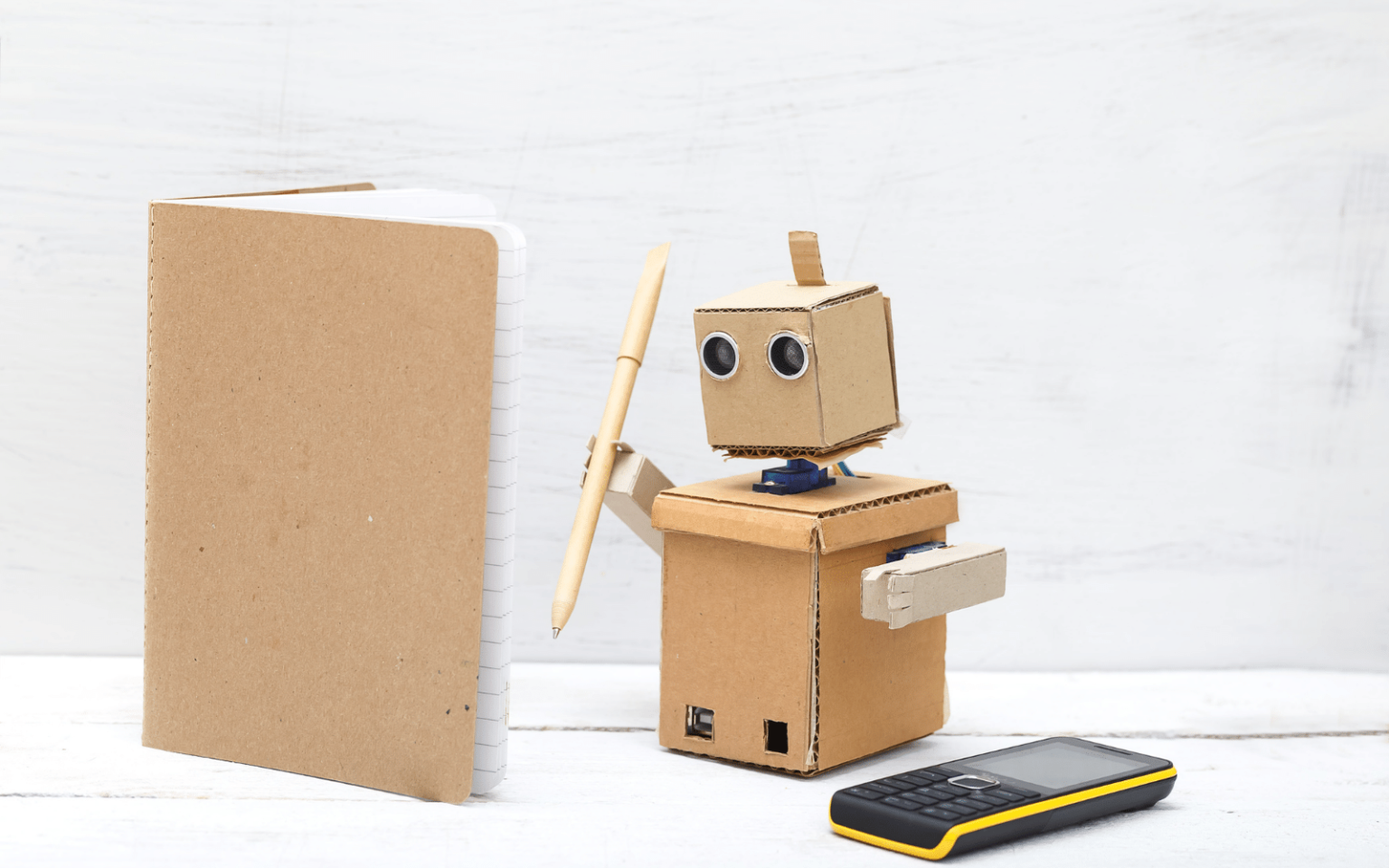The question of whether artificial intelligence (AI) can invent is nearly 200 years old, going back to the very beginning of computing. Victorian mathematician Ada Lovelace wrote what’s generally considered the first computer program. As she did, she wondered about the limits of what computers could do. In 1843 Lovelace wrote, in regard to what is arguably the first general purpose programmable computer: The Analytical Engine has no pretensions to originate anything. It can do whatever we know how to order it to perform. It can follow analysis; but it has no power of anticipating any analytical relations or truths. Its province is…
Author: The Conversation
At about 10 o’clock on the night of February 28 2021, a fireball streaked through the sky over England. The blazing extraterrestrial visitor was seen by more than 1,000 people, and its descent was filmed by 16 dedicated meteor-tracking cameras from the UK Fireball Alliance and many dashboard and doorbell cams. With the time difference to Australia, the Global Fireball Observatory team at Curtin University were the first to dig into their cameras’ data, quickly realising there may be very special meteorites to find around the town of Winchcombe, Gloucestershire. The next morning’s news told people in the area to look out for black rocks in…
A photograph taken by NASA’s Orion spacecraft has given us a new perspective on our home planet. The snap was taken during the Artemis I mission, which sent an uncrewed vehicle on a journey around the Moon and back in preparation for astronauts’ planned lunar return in 2025. We get pictures of Earth every day from satellites and the International Space Station. But there’s something different about seeing ourselves from the other side of the Moon. How does this image compare to other iconic views of Earth from the outside? Earthrise In December 1968, three astronauts were orbiting the Moon…
President Joe Biden is hosting the Second US-Africa Leaders Summit in mid-December 2022. The focus will be on eight areas: economic engagement; peace, security and good governance; democracy and human rights; regional and global health security (including recovery from COVID-19 and pandemic preparedness); food security; climate change; diaspora ties; and education and youth leadership. Of the 55 African heads of governments, 49 have been invited to the summit. Burkina Faso, Guinea, Mali and Sudan are currently on suspension from the Africa Union due to coups d’etats, hence they were not invited. Western Sahara (officially called Sahrawi Arab Democratic Republic), though a member of the African Union,…
Our society faces the grand challenge of providing sustainable, secure and affordable means of generating energy, while trying to reduce carbon dioxide emissions to net zero around 2050. To date, developments in fusion power, which potentially ticks all these boxes, have been funded almost exclusively by the public sector. However, something is changing. Private equity investment in the global fusion industry has more than doubled in just one year – from US$2.1 billion in 2021 to US$4.7 billion in 2022, according to a survey from the Fusion Industry Association. So, what is driving this recent change? There’s lots to be excited about. Before we…
We’ve all had some kind of interaction with a chatbot. It’s usually a little pop-up in the corner of a website, offering customer support – often clunky to navigate – and almost always frustratingly non-specific. But imagine a chatbot, enhanced by artificial intelligence (AI), that can not only expertly answer your questions, but also write stories, give life advice, even compose poems and code computer programs. It seems ChatGPT, a chatbot released last week by OpenAI, is delivering on these outcomes. It has generated much excitement, and some have gone as far as to suggest it could signal a future in which AI has…
Construction of the world’s biggest radio astronomy facility, the SKA Observatory, begins today. The observatory is a global project 30 years in the making. With two huge two telescopes, one in Australia and the other in South Africa, the project will see further into the history of the Universe than ever before. Astronomers like me will use the telescopes to trace hydrogen over cosmic time and make precise measurements of gravity in extreme environments. What’s more, we hope to uncover the existence of complex molecules in planet-forming clouds around distant stars, which could be the early signs of life elsewhere…
Earlier this month, Meta announced new AI software called Galactica: “a large language model that can store, combine and reason about scientific knowledge”. Launched with a public online demo, Galactica lasted only three days before going the way of other AI snafus like Microsoft’s infamous racist chatbot. The online demo was disabled (though the code for the model is still available for anyone to use), and Meta’s outspoken chief AI scientist complained about the negative public response. Galactica demo is off line for now. It’s no longer possible to have some fun by casually misusing it. Happy? https://t.co/K56r2LpvFD — Yann LeCun (@ylecun) November 17, 2022 So…
Some stars just get unlucky. There are billions of stars within a typical galaxy. Yet once every 100,000 years or so, one of those stars will wander too close to the supermassive black hole lurking at the galaxy’s centre and be torn apart. These cosmic behemoths weigh in at millions to billions of times the mass of our Sun, and their immense gravitational force can destroy an unlucky star. The stellar debris spirals in towards the black hole, which feeds on the remains. However, black holes are messy eaters. In a small fraction of cases, this stellar destruction can power…
Since the world’s second-largest crypto exchange, FTX, declared bankruptcy earlier this month, the flow-on effects have been felt far and wide. But among the many victims are also some not-so-innocent parties. For the Democratic People’s Republic of Korea, a country facing heavy sanctions, cryptocurrency theft has been a (relatively) simple way to fund the country’s expanding nuclear arsenal. It’s well documented that Kim Jong-un’s military operation hackers have been stealing cryptocurrency to support North Korea’s nuclear and missile program for several years. But with the general downturn in the crypto market, coupled with the recent FTX collapse and myriad other pitfalls, analysts estimate North Korea has probably lost most of its crypto haul. Can we…

